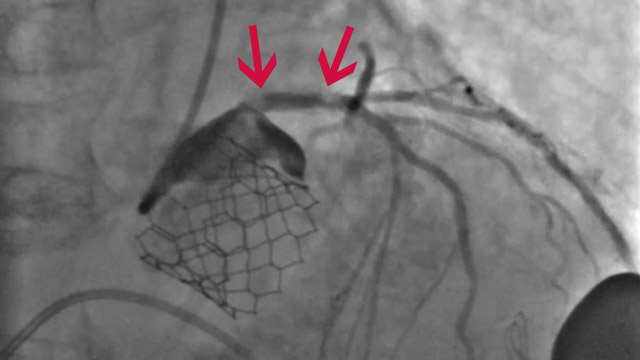
Simone Fezzi
Latest contributions
Hostile iliac access managed with IVL - How far can we go?
10 Oct 2024
Analyze this case to find out how to successfully manage a patient with severe aortic stenosis and severely calcified peripheral vasculature referred to transcatheter aortic valve implantation.

Author

Author
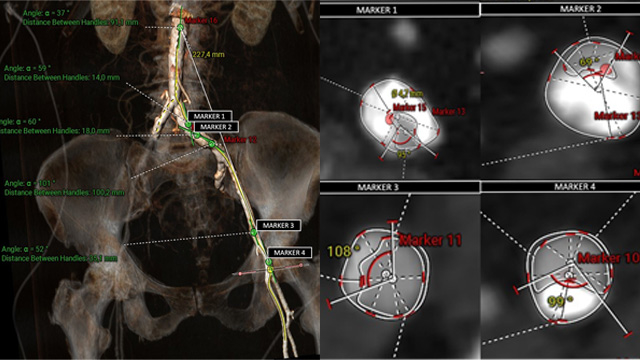
Personalised Vascular Care Award - Competition
16 May 2024 – From EuroPCR 2024
This session features a competition for the Personalised Vascular Care Award, showcasing selected abstracts on various aspects of personalised vascular care. The presentations cover topics such as the evaluation of myocardial bridges, the relationship between IMR and FFR, the use of contrast-derived indices of coronary microvascular...
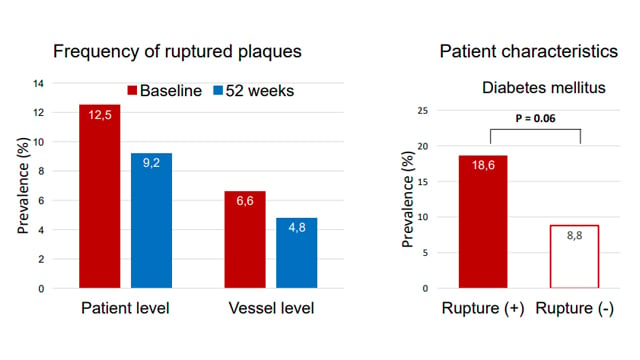
Stentless PCI
15 May 2024 – From EuroPCR 2024
This session explores various stentless percutaneous coronary intervention (PCI) strategies, including drug-coated balloon (DCB)-only PCI for chronic total occlusions and de-novo coronary lesions, as well as the use of magnesium resorbable scaffolds. Attendees will learn about the rationale, techniques, and outcomes of these "leave nothing behind"...
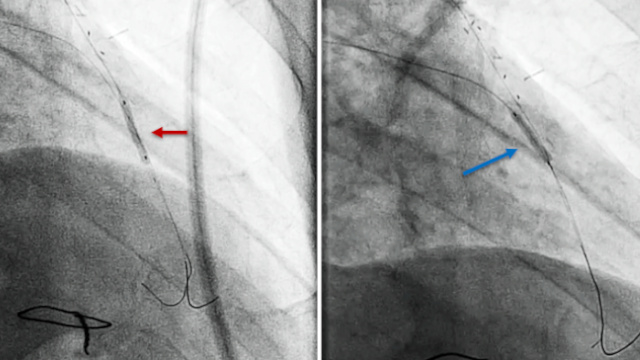
The ARC consensus on DCB - evidence-based DCB technology
15 May 2024 – From EuroPCR 2024
In this replay, discover why DCBs are essential in treating de novo CAD, the importance of optimal lesion preparation for long-term success, and how future trials will focus on treatment strategies rather than device comparisons, highlighting the need for further research.
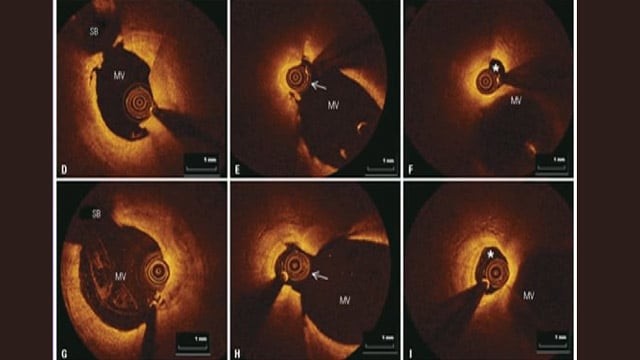
Artificial intelligence-powered quantification of coronary physiology and vulnerable plaque: opportunities for novel treatment options
15 May 2024 – From EuroPCR 2024
In this session, uncover new data on Murray-law based quantitative flow ratio (muFR) assessment, providing a comprehensive understanding of PCI outcomes from a single angiographic view, explore the innovative application of artificial intelligence in identifying vulnerable plaque and assessing hemodynamic stenosis significance through the analysis of...
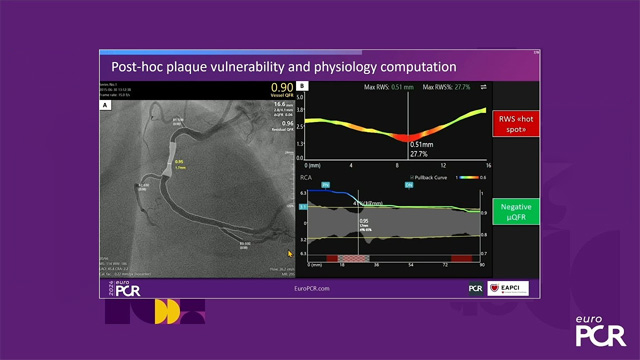
DCB PCI in restenosis and de novo lesions
14 May 2024 – From EuroPCR 2024
This session will feature a series of selected clinical case submissions from EuroPCR 2024, focusing on the use of drug-coated balloons (DCB) in the management of restenosis and de novo coronary lesions. Attendees will have the opportunity to explore various strategies, including the use of a...
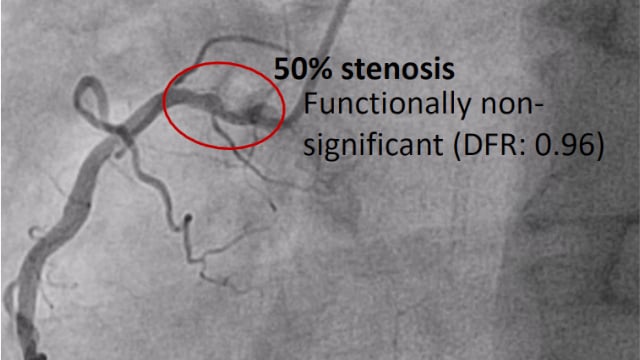
PCI: complex procedures
14 May 2024 – From EuroPCR 2024
This session explores a series of complex PCI cases, including the management of left main stent restenosis after the chimney technique, aortic root dissection during right coronary artery PCI, treatment of very old saphenous graft disease, complex in-stent restenosis, and the management of persistent coronary fistula....
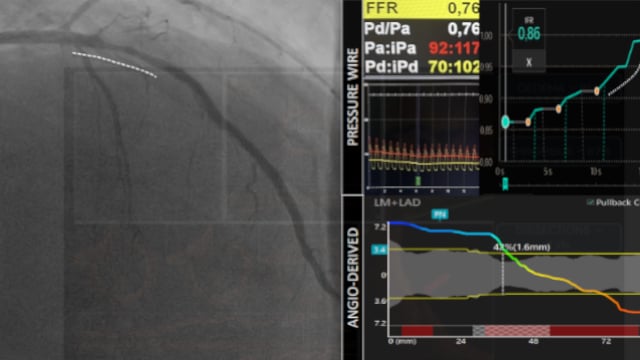
Intracoronary imaging in left main - Part 2
18 May 2023 – From EuroPCR 2023
Delve into the intricacies of intracoronary imaging in left main interventions and explore the various scenarios encountered in this field: learn about the challenges and successes of left main bifurcation PCI using the DK crush technique, discover how multimodality imaging aids in guiding post-TAVR PCI procedures,...
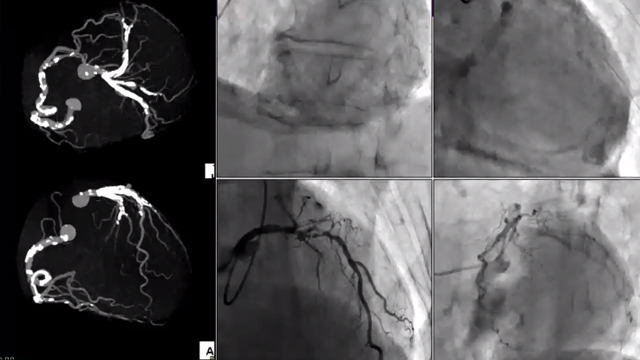
PCI with BRS
17 May 2023 – From EuroPCR 2023
Looking to enhance your expertise in percutaneous coronary intervention using a bioresorbable scaffold? Join your collegues for a series of case presentations where you can observe different strategies in complicated situations.
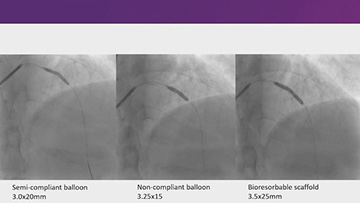
Rapid-fire abstracts: session 2
27 Nov 2022 – From PCR London Valves 2022
Take advantage of this PCR LV 2022 session to discover more abstracts and learn more about how to predict TAVI bicuspid aortic valve re-access, or right ventricle-pulmonary artery coupling in patients with severe aortic stenosis, among others.
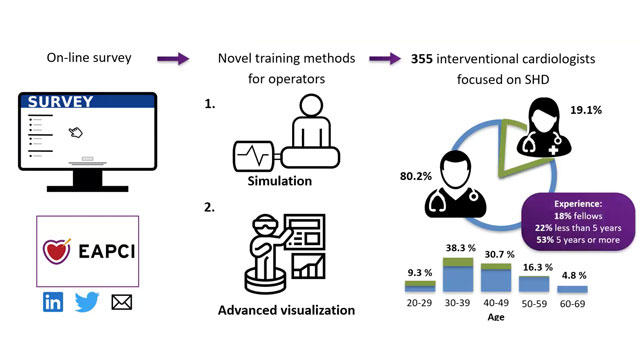
FFR-guided PCI optimization directed by high-definition IVUS versus standard of care - the FFR-REACT trial
24 Aug 2022
The primary objective of the study was to assess whether an IVUS-based stent optimization provided an incremental value in terms of vessel-related adverse event occurrence in patients presenting with low post-PCI FFR (<0.90).

Reviewer

Reviewer
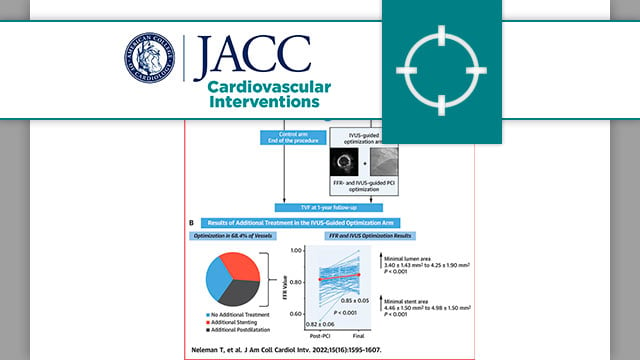
Prognostic impact of extra–mitral valve cardiac involvement in patients with primary mitral regurgitation
17 Jun 2022
This report builds up the evidence on the relevance of extra-valvular cardiac damage staging / involvement as a main predictor of adverse events in patients with VHD undergoing intervention, either surgical or percutaneous.

Reviewer

Reviewer
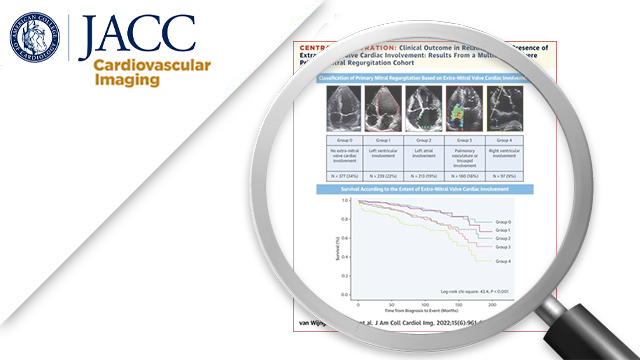
One-year outcomes of blinded physiological assessment of residual ischemia after successful PCI - DEFINE PCI trial
10 Feb 2022
The objective of this analysis was to evaluate the impact of residual ischemia detected by post-PCI iFR on clinical outcomes and on residual-angina at the 12-month follow-up of the DEFINE PCI study.

Reviewer

Reviewer
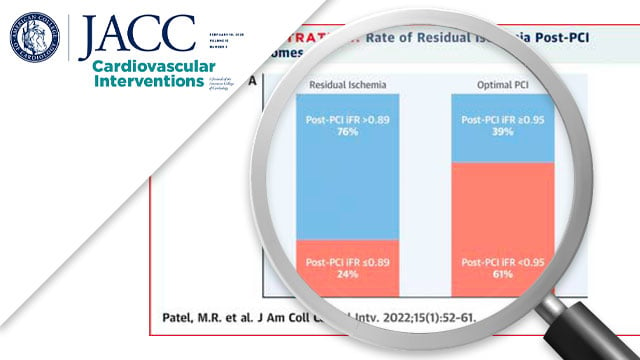
Euro4C Editorial Team
22 Oct 2021
Euro4C stands for the Cardiac Care of Calcified and Complex patients. The mission of the Euro4C Editorial Team is to present and/or select a series of educational cases on the management of complex patients with calcified CAD in a clearly structured way...

Placebo-controlled efficacy of percutaneous coronary intervention for focal and diffuse patterns of stable coronary artery disease
29 Oct 2021
According to the updated international revascularization guidelines, fractional flow reserve (FFR) and instantaneous wave-free period ratio (iFR) are proposed to dichotomize decision-making for ischemia detection in guiding percutaneous coronary intervention (PCI) of intermediate coronary stenosis.

Reviewer

Reviewer
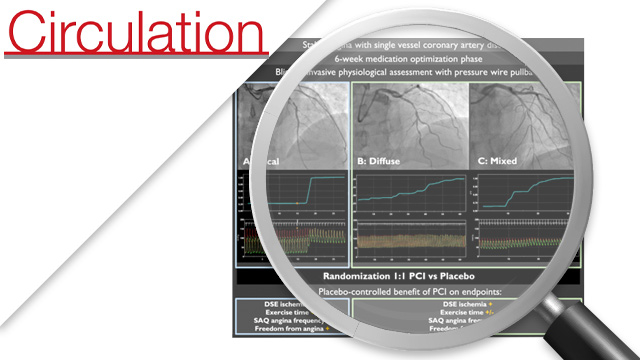
Thin-cap fibroatheroma predicts clinical events in diabetic patients with normal fractional flow reserve: the COMBINE OCT–FFR trial
16 Aug 2021
The aim of this study was to understand the impact of optical coherence tomography (OCT)-detected thin-cap fibroatheroma (TCFA) on clinical outcomes of diabetes mellitus (DM) patients with fractional flow reserve (FFR)-negative lesions.

Reviewer

Reviewer

Reviewer

Rotational atherectomy and trans-apical TAVI in severe calcified CAD and PAD
14 May 2020
An 83-year-old male admitted for heart failure and chest pain, needs to undergo TA-TAVI because of severe PAD and has concomitant CAD with critical calcified lesion of the ULM-LAD...

Author

Author
